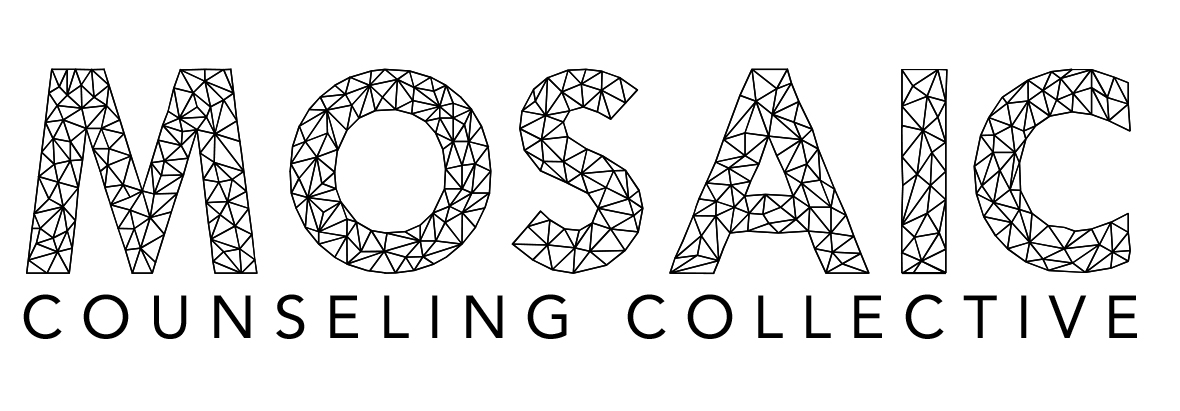Let's Talk
/I’ll begin with a small confession here: we have labored over this particular post. We’ve looked at death by suicide from a number of different angles. We’ve hunted down statistics, we’ve written drafts and we’ve deleted drafts. We have sought out other voices when our own have failed us, and you know what? This is still hard. All the intellectual labor hasn’t brought me (I’ll just speak for myself here) any closer to producing a concise, concrete note. Yet, here we are
So often death by suicide is talked about in such a personal way. And it should be. There is nothing more personal than matters of life and death. But death by suicide is also our collective concern. It is not just an individual experience; it impacts us all. For the most part, we don’t talk about it. We avoid this taboo subject because of stigmas around depression particularly and mental illness in general. These are culture-specific stigmas within many of our communities.
Today’s post isn’t so much a reflection on the statistics—they’re as disheartening as you can imagine. Rather, this is our best effort at becoming more attentive neighbors and friends and family members. Perhaps you already know some of the red flags to look out for: feelings of helplessness and hopelessness, increased social isolation, family history of depression/suicide, loss of significant relationships, having the means to harm oneself. Those signs are important, critical to be aware of in our loved ones. But what about the things we miss, the behaviors that get tangled up with cultural expectations and stereotypes?
With Black folks, for example, it doesn’t always go down the way you’d think—young men are the largest number of deaths by suicide. It looks more like risky behavior, putting the self in harm’s way to deal with desperation. (for further reading: http://nopcas.org/a-look-at-suicide-in-our-communities/)
Perfectionism is counted among signs to be mindful of along the road to death by suicide. When that drive to do well takes a turn into shame and guilt, when there’s no room for error, our friends/family/neighbors may be struggling with perfectionism. Among our Asian American brothers and sisters, silence regarding the potential harm in perfectionism has played a role in deaths by suicide particularly among young women. (for further reading: http://reappropriate.co/2015/07/why-is-the-new-york-times-rendering-the-suicide-deaths-of-asian-american-invisible/)
As many of us know, deaths by suicide (and attempts) are far more frequent among young LGBTQ folks than their straight peers. When our communities are so vulnerable, we have to combat the urge to isolate, and instead be more proactive in looking out for one another. (for further reading and more resources: http://www.thetrevorproject.org/pages/facts-about-suicide).
Let’s keep talking, family.
Some helpful resources:
National Suicide Prevention LIfeline
www.suicidepreventionlifeline.org/
1-800-273-8255 (Available 24 hours a day)
Seattle Crisis Clinic
crisisclinic.org/find-help/crisis-line/
1-(866)-4-CRISIS/1-(866)-427-4747

